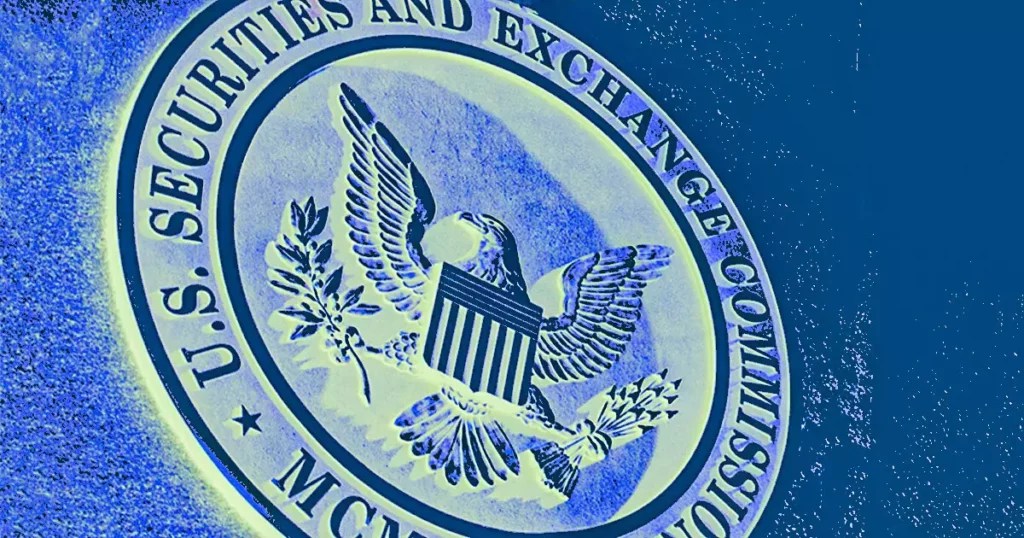In a recent dispute surrounding the enforcement actions taken by the U.S. Securities and Exchange Commission (SEC) against the Flyfish Club—a unique non-fungible token (NFT) collection—the consequences of regulatory interpretations have sparked significant debate. SEC Commissioners Hester M. Peirce and Mark T. Uyeda have publicly criticized these enforcement efforts, suggesting that the application of securities laws to the Flyfish Club’s NFT offerings is misguided. This incident not only highlights the complexities of regulating digital assets but also raises fundamental questions about the SEC’s role in fostering innovation while ensuring consumer protection.
Flyfish Club, a dining venture rooted in exclusivity, offered NFTs as a gateway to future culinary experiences at a restaurant and bar. With a total of approximately 3,000 NFTs minted, the venture generated an impressive $14.8 million in initial sales, along with $2.7 million in royalties from secondary transactions. The NFTs ranged in pricing from $8,400 to $14,300, reflecting a premium placed on the privileges associated with membership. However, the SEC charged Flyfish Club with conducting an unregistered offering of what it labelled crypto asset securities. The resolution culminated in a hefty $750,000 civil penalty alongside a cease-and-desist order, raising eyebrows about the interpretation of securities law in this burgeoning market.
Peirce and Uyeda’s dissent speaks volumes about the ongoing debate around the regulatory framework governing NFTs. They argue compellingly that the Flyfish NFTs should be classified as utility tokens rather than securities. The basis for their assertion lies in the Howey Test, a criterion that determines whether an asset qualifies as a security. They maintain that the value derived from Flyfish NFTs is primarily connected to the unique experiences they provide, which diverges from traditional securities that primarily yield financial returns.
The commissioners go so far as to equate the enforcement action to a betrayal of trust, likening the culinary expectations tied to the Flyfish experience to the trust that should be placed in regulators. Their concern extends beyond this specific case, highlighting the potential repercussions of precedent-setting rulings that could stifle innovation and experimentation in the NFT space.
The implications of the SEC’s enforcement actions stretch across the NFT ecosystem, as evidenced by the Wells Notice issued to OpenSea for allegedly offering securities through its platform. The founder of OpenSea, Devin Finzer, vigorously defended the platform and the creators who rely on it, emphasizing that such regulatory overreach could have detrimental effects on artists and innovators. In a response to these events, the Just-launched Creator Defense Fund, backed by Coinbase, aims to provide support for artists navigating the turbulent waters of regulation. With $6 million earmarked for this purpose, the fund aims to protect creators from the potential fallout of SEC interventions.
In light of these developments, Peirce and Uyeda’s calls for clearer guidance from the SEC are increasingly urgent. The absence of a well-defined regulatory framework has left NFT creators in a state of uncertainty, hampering their ability to explore the full potential of cryptocurrency-based art and community memberships. As the digital landscape continues to evolve, it is essential for regulatory bodies to adapt appropriately, fostering an environment conducive to innovation while safeguarding consumer interests.
The tension within the NFT regulatory landscape underscores the need for thoughtful, forward-thinking policies that account for the unique characteristics of digital assets. The SEC’s recent actions, coupled with dissent from its own commissioners, illuminate the challenges of navigating this uncharted territory, as well as the potential benefits of cooperative learning and clear guidance.

















Leave a Reply